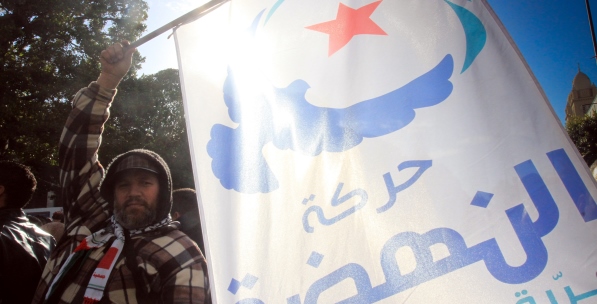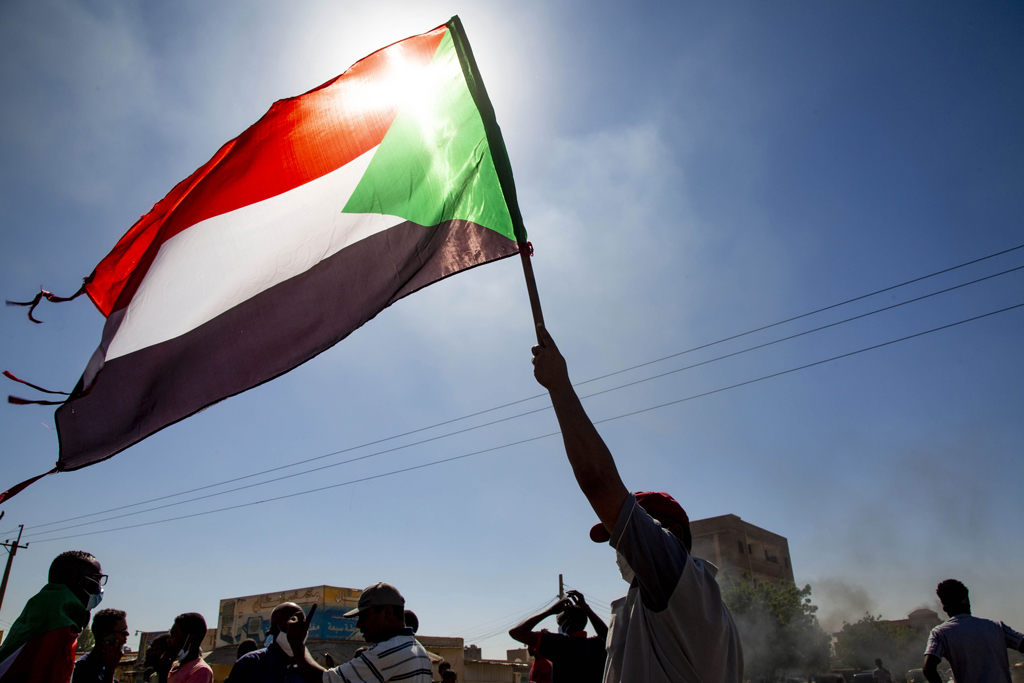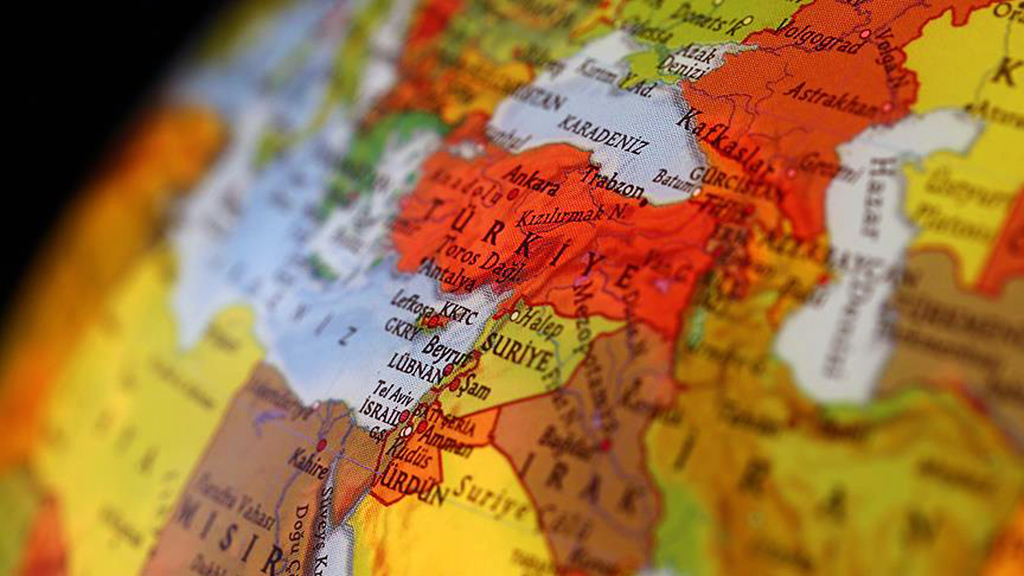The Arab Spring paved the way for the Islamist parties in the Middle East and North Africa and launched a new period called “the Ikhwan Crescent” by the King Abdullah II of Jordan. The victory of Hamas in the 2006 elections marked the start of this period which reached a peak with the help of Tunisian and the Tahrir revolutions in 2011. Other successful steps of this process included the rise of the Justice and Development Party in Morocco to power, the critical role of Al-Islah Party in Yemen and the increasing power of politicians close to Ikhwan in Libya.
The possibility that the civil war in Syria paves the way for the Ikhwan in Syria to come to the power fuelled the “Ikhwan Crescent” fear. Nevertheless, the wave of the Arab Spring ended when grassroots movement in Syria turned into a civil war. Similarly, a reverse wave was sparked after the Egyptian Commander-in-Chief and the Minister of Defense Abdel Fattah al Sisi overthrew the President Mohammed Morsi in a coup d’état on June 30, 2013. The coup, which was supported by Saudi Arabia and other Gulf countries in order to protect regional status-quo and non-democratic regimes, enabled supporters of the old regime in Egypt to take over the control. As a result, a period of instability began for Egypt which was expected to serve an inspiring example for the democratization of the region. It would be wrong to interpret the overthrow of Mohammed Morsi only in terms of domestic politics in Egypt. As a matter of fact, the Ikhwan experience will greatly influence political balances in the region in the middle and long run.
That the President Morsi was ousted by a coup d’état based on street politics, thousands of Morsi supporters were killed with real bullets in Rabia and other squares as the senior Ikhwan officials were sent behind bars put the movements that are close to the Ikhwan in a difficult position. Even though it is still in power, the Justice and Development Party in Morocco was weakened. The Ennahda movement, which has adopted a reconciliatory policy but has been oppressed by the leftist-secular opposition since the very beginning, is at risk of being overthrown in Tunisia. Affiliated movements in these countries, on the one hand, try to keep their distance from Ikhwan in Egypt. They, on the other hand, seek reconciliatory political means in order not to experience the catastrophe witnessed in Egypt.
This new period called “the fall of Ikhwan” seems to give birth to new consequences in the region. Before analyzing the recent situation in Tunisia, where a similar coup d’état as the one in Egypt is planned, it will be better to dwell on the losses occurred in the region due to the fall of Ikhwan.
THE FALL OF IKHWAN – MISSED OPPORTUNITIES
Ikhwan has been the mainstream movement of the Islamist movements in the Middle East in the last century. It both influenced and balanced the Shiite and Salafi movements.
The first and biggest loss of the fall of Ikhwan is the weakening of the legitimacy granted to the discourse of democracy and will of people brought by the Arab Spring. The opposition ignoring the result at the ballot box took to the streets with the help of the Egyptian army; therefore, vitiated the discussion of democracy. Sheikh of Al-Azhar and the Salafist Nour Party’s support for the coup created a fake democracy/ revolution discourse. This will, in turn, contribute to the birth of new forms of authoritarianism in the region.
Secondly, the democratic transformation of the Ikhwan would prove the new successful balance between participation and legitimacy to the people of authoritarian regimes in the Gulf. Accordingly, the second wave of democratization would sweep these countries with the help of either reforms or new revolutions. It is not a coincidence that the United Arab Emirates (UAE) and Saudi Arabia, where the largest number of Ikhwan supporters live, are behind the coup in Egypt. These countries were able to pre







